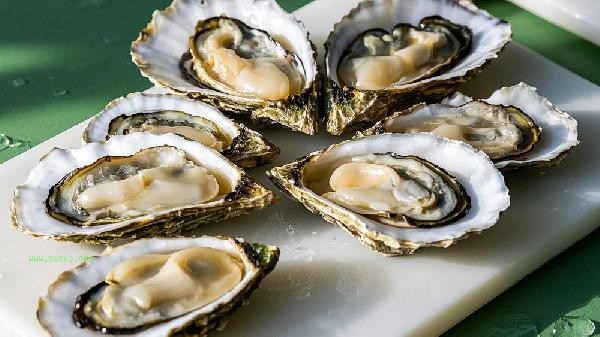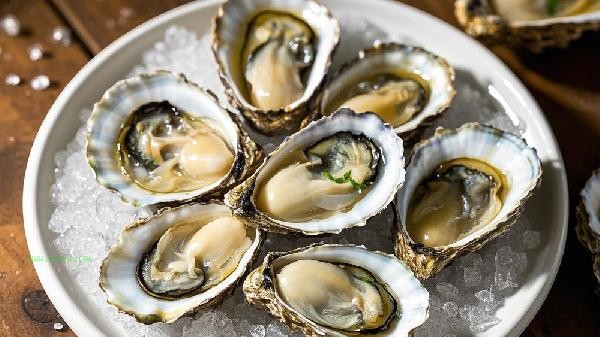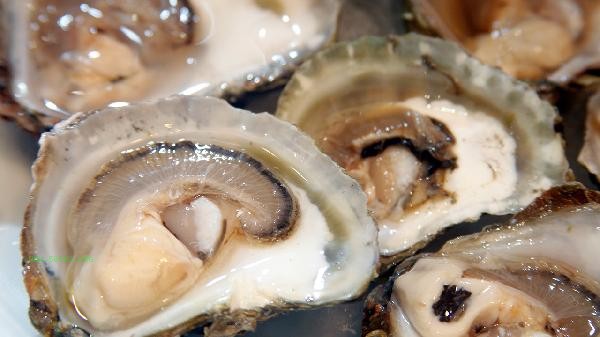Moderate consumption of oysters is beneficial to the body, while excessive consumption may pose health risks. Oysters are rich in zinc, high-quality protein, and various minerals, but their high cholesterol and purine properties require caution. Oysters are a highly nutritious seafood product, with a zinc content of several times the daily requirement per 100 grams of oyster meat, which helps to enhance immunity and promote wound healing. Zinc is particularly important for male reproductive health as it can maintain normal testosterone levels. The taurine it contains helps regulate blood pressure, while selenium has antioxidant properties. The high-quality protein content is close to three times that of milk, and the amino acid composition is reasonable, making it easy for the human body to absorb and utilize. The glycogen component in oysters can quickly replenish energy, and the vitamin B12 content can meet the daily needs of adults. Excessive consumption of oysters may lead to elevated blood uric acid levels and trigger gout attacks. A single intake of more than 500 grams may cause acute gastrointestinal discomfort, including symptoms such as diarrhea and vomiting. The risk of pathogens such as norovirus and Vibrio parahaemolyticus carried in oysters increases with the amount of food consumed, and sufficient heating and sterilization are required. The problem of heavy metal pollution is particularly prominent in offshore oyster farming, and long-term consumption in large quantities may lead to the accumulation of heavy metals such as arsenic and cadmium. Some people are allergic to seafood, and excessive intake may cause urticaria or anaphylactic shock.

It is recommended that healthy adults consume no more than 4-6 oysters per week, and gout patients and those with allergies should strictly control their intake. Prioritize fresh products with clear origin and cold chain transportation, and ensure that the center temperature reaches 90 degrees Celsius or above during cooking. Combining vegetables and fruits rich in vitamin C can promote iron absorption and avoid exacerbating gastrointestinal burden when eaten with cold foods. If abnormal reactions such as skin itching and joint swelling occur after consumption, seek medical attention promptly.










Comments (0)
Leave a Comment
No comments yet
Be the first to share your thoughts!